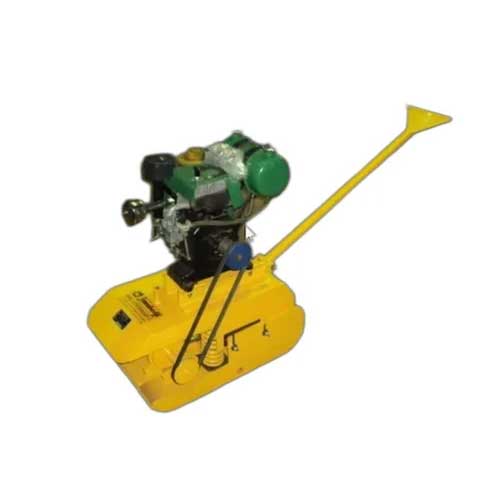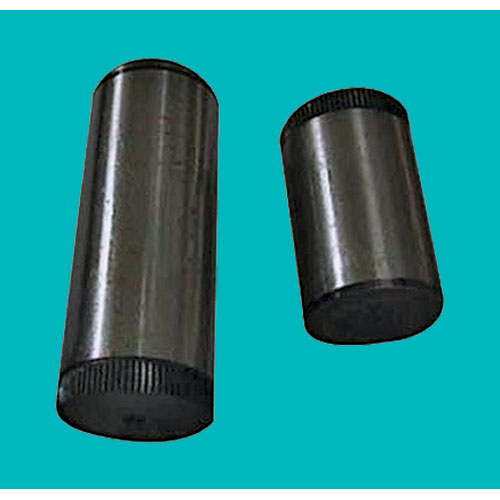Schedule a Call Back
IPOs for Indian SMEs: Fueling Capital Access, Credibility & Scale
 Articles
Articles- Aug 30,25

- Knowledge Marine Engineering Works, listed at Rs 37 in 2021, now trades near Rs 1,900, with valuations rising from Rs 410 million to over Rs 20 billion.
- AFCA Moulding, listed at Rs 104, has grown to nearly Rs 1,000 within a year, multiplying investor wealth nearly tenfold.
- Scalable business model: Tech-enabled, manufacturing, or service businesses with growth potential.
- Consistent profits: Ideally Rs 60–70 million PAT or higher to attract serious investors and merchant bankers.
- Compliance Preparedness: From GST and tax filings to the 300-page Draft Red Herring Prospectus (DRHP), SMEs must demonstrate full transparency.
- Governance and Management: A capable leadership team and willingness to adopt corporate governance standards.
- Institutionalise governance early: Move from promoter-driven to process-driven organisations.
- Be transparent and consistent: Timely disclosures, fair valuations, and honest accounting are critical to building trust.
- Invest in scalability: Adopt technology, professional leadership, and systems that support growth.
- Choose the right advisors: Experienced merchant bankers, advisors, and mentors can make or break the IPO journey.
- Engage investors post-listing: Investor relations, roadshows, and transparent communication help sustain liquidity and trust.
Related Stories

India is now positioned as a leading player in forging: Yash Munot
In this interview with Rakesh Rao, Yash Munot, President, Association of Indian Forging Industry (AIFI), highlights India’s readiness to strengthen its global position in forging, and importance o..
Read more
Sustainability commitments are reshaping investments: Joachim Braun of ABB
In this interview with Rakesh Rao, Joachim Braun, President – Process Industries, ABB, outlines key trends shaping process industries and shares the company’s growth strategy in India.
Read more
IPOs for Indian SMEs: Fueling Capital Access, Credibility & Scale
SME Initial Public Offerings (IPOs) are transforming India’s entrepreneurial landscape by providing capital access, credibility, and governance, enabling small and medium enterprises (SMEs) to sca..
Read moreRelated Products

Carbide Burrs
SRT Industrial Tools & Equipments offers a wide range of carbide burrs.

Jamshedji Soil Compactor
Jamshedji Constro Equip Pvt Ltd offers a wide range of jamshedji soil compactor.

Ground Pins
Hans Machineries Private Limited offers a wide range of pins, hardened & ground. Read more



















